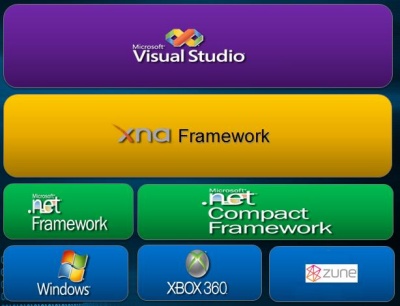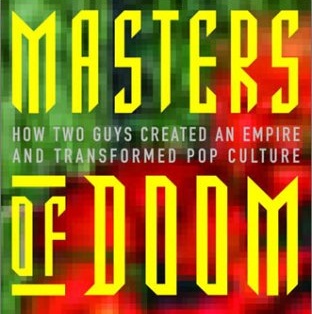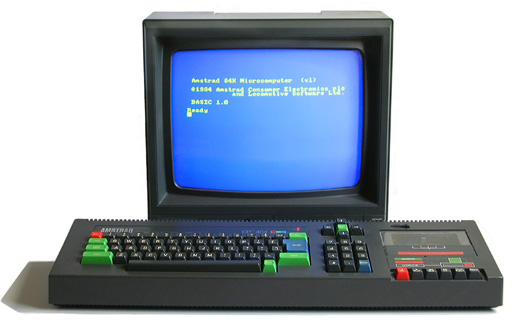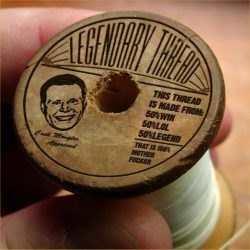XNA/C# – [ThreadStatic] attribute is broken on Xbox 360
![[ThreadStatic] [ThreadStatic]](http://www.gavpugh.com/wp-content/uploads/2010/11/Thread2.png)
Continuing on from my last XNA post, I had a go at using [ThreadStatic] on the Xbox. Specifically this attribute was not available with XNA 3.1, but was introduced in the new 4.0 version.
At first glace it worked fine, I threw in the same code I’d used on Windows. Unlike under 3.1 it compiles without issue. However, the attribute appears to actually do nothing it all. It behaves just like the attribute wasn’t there, just like a regular plain static variable.
I found this issue from attempting to use [ThreadStatic] within some code I had written for a future article here. The code was to profile various methods of implementing Thread-local storage on the Xbox 360. Switching the code to add a test case for [ThreadStatic] worked fine at first, but I was seeing very odd profile numbers coming back from it. On closer inspection in the debugger I could see that the TLS values weren’t thread-specific, they were getting written to at runtime by other executing threads.










